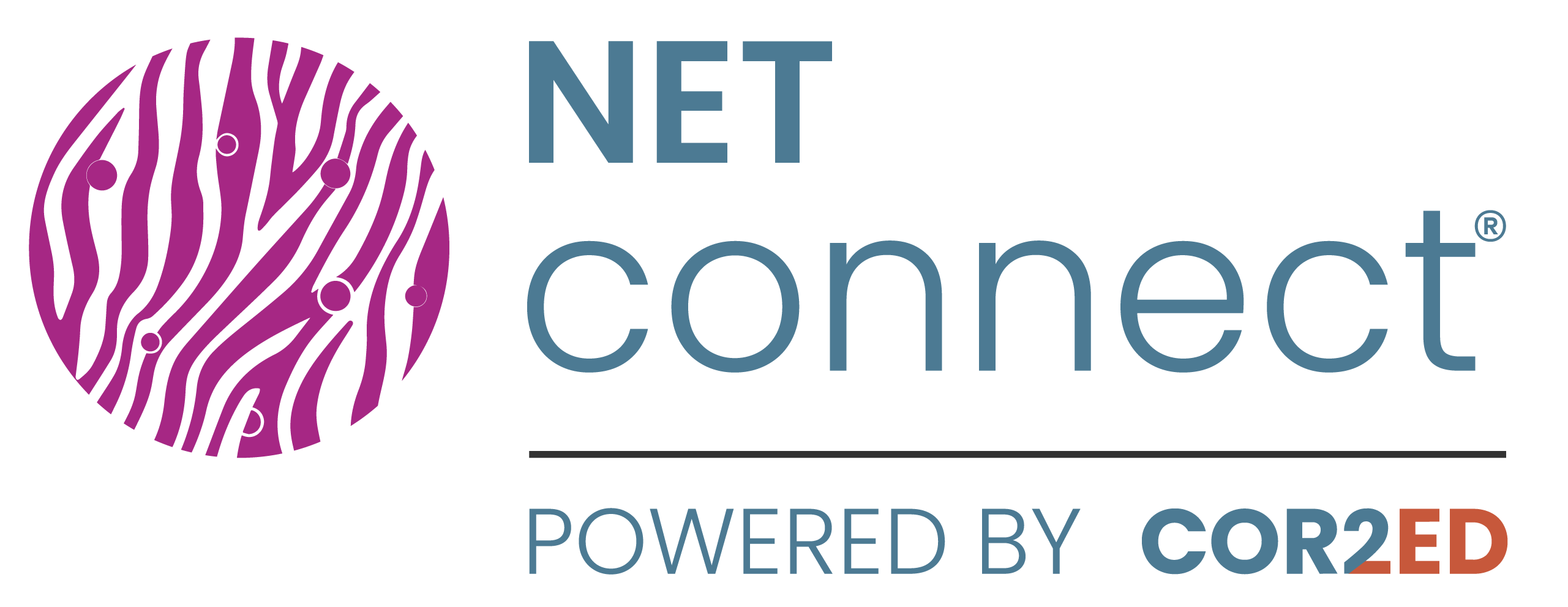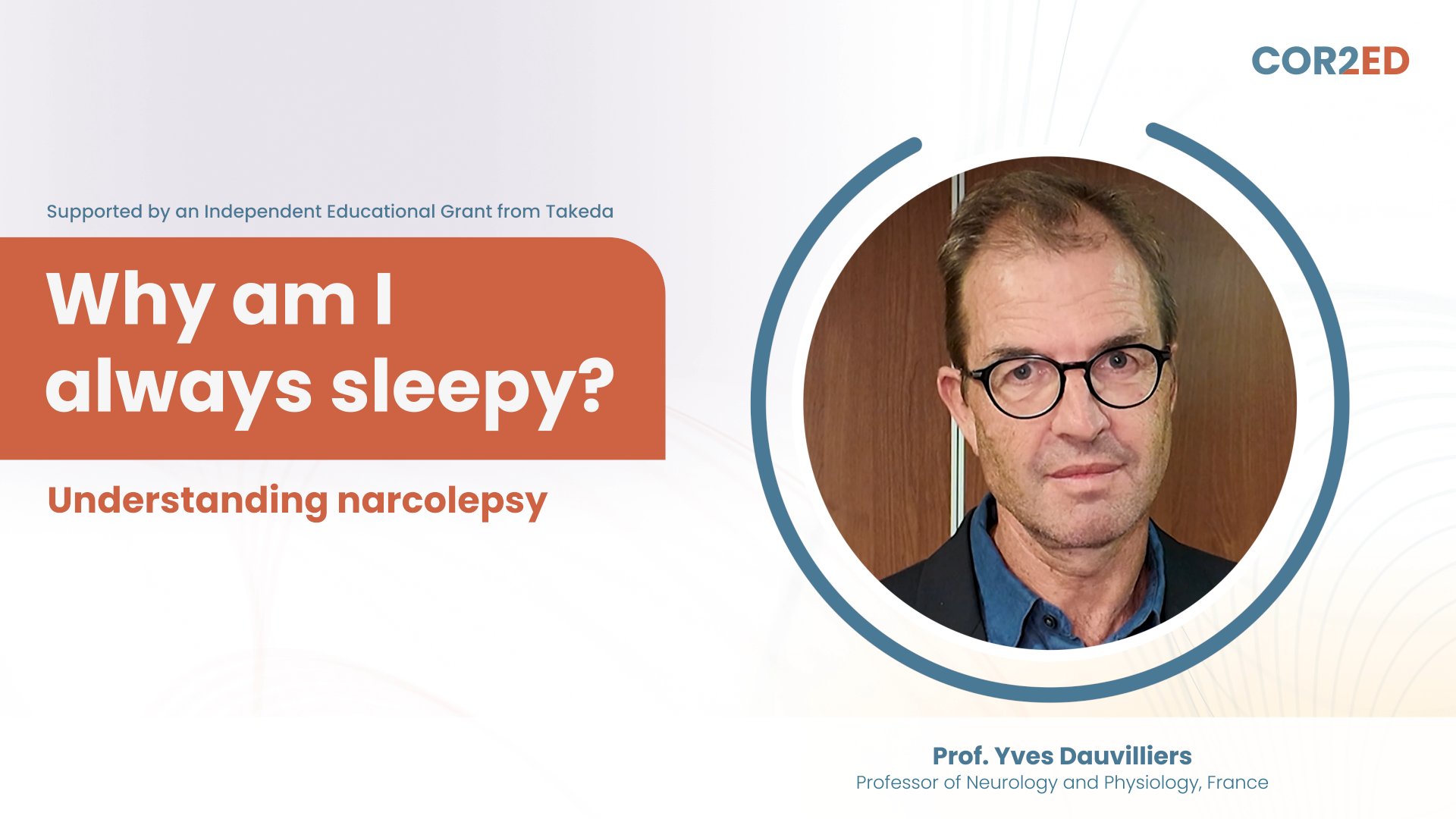Dr Wouter Zandee provides his thoughts on the symptomatic control of functioning pancreatic NET
Video Transcript
My name is Wouter Zandee, I am an Endocrinologist at the University Medical Center Groningen.
And today I will be discussing how to reduce hormone symptoms from functioning pancreatic neuroendocrine tumours (NETs).
These functioning pancreatic NETs are rare but require specific treatment to reduce the symptoms of hypersecretion to increase quality of life.
Symptom Control
Also, symptom control is required to safely perform surgery or to treat with systemic therapy.
In general, two options exist for reduction of symptoms.
First of all reduction of tumour burden can be considered in accordance with the ENETS guidelines. This can be done with surgery, either curative or with debulking surgery or PRRT with Lu177-DOTATATE, and liver directed therapies can be effective.
Specifically, for hormone secretion several options are also available which I would like to discuss in more detail.
First line therapy is generally a somatostatin analogue (SSA) because of low toxicity and proven decreases in hormone secretion.
SSAs can also decrease glucagon secretion, which increases hypoglycemia in small numbers of patients with an insulinoma. So, for patients with an insulinoma the first administration is done clinically.
If an SSA is ineffective in controlling the hormone symptoms, PRRT with Lu177-DOTATATE is especially effective for patients with functioning pNETs. It has a symptomatic response rate of 71% and increases the quality of life for these patients.
Also everolimus can decrease hypoglycemia in patients with an insulinoma.
In case series sunitinib has been prescribed to decrease diarrhoea for patients with a VIPoma. So, these drugs can also be effective for these patients.
Conclusion
In conclusion, adequate control of symptoms is essential for patients with a functioning pNET to increase quality of life.
Generally, SSAs are first line therapy but if these prove ineffective PRRT can be especially effective in these patients.
Thank you for watching on behalf of NET CONNECT.
Dr Wouter Zandee graduated from medical school in 2010 at the Leiden University with a thesis on the surgical treatment of medullary thyroid carcinoma. Thereafter he started his training to become an internist-endocrinologist. He is currently a fellow in endocrinology at the Erasmus Medical Center, Rotterdam, focusing on several types of endocrine tumors. In the neuroendocrine tumor department he is a sub-investigator of multicenter trials. Concurrently he is pursuing a PhD on neuroendocrine tumors, focusing on biomarkers, treatment of hormonal syndromes (mainly with 177Lu-DOTATATE) and quality of care.
Other programmes of interest
ADCs in HER2+ metastatic breast cancer and management of adverse events
Consensus-based guidance for clinicians and patients
ER+/HER2- metastatic breast cancer: Highlights from the APBCS 2026 Satellite Symposium
Experts discuss 2L+ treatment strategies in endocrine therapy-eligible patients
Experts
Dr Mastura Md Yusof, Dr Hope S. Rugo, Prof. Matteo LambertiniMetastatic breast cancer: Understanding HER2-low and HER2-ultralow classification
A novel therapeutic framework
Experts
Dr Komal Jhaveri, Oncology Brothers (Moderators)Thriving beyond an EP-NEC diagnosis
Perspectives on treatment and care




 Downloadable
Downloadable  20 MIN
20 MIN
 Feb 2026
Feb 2026 







